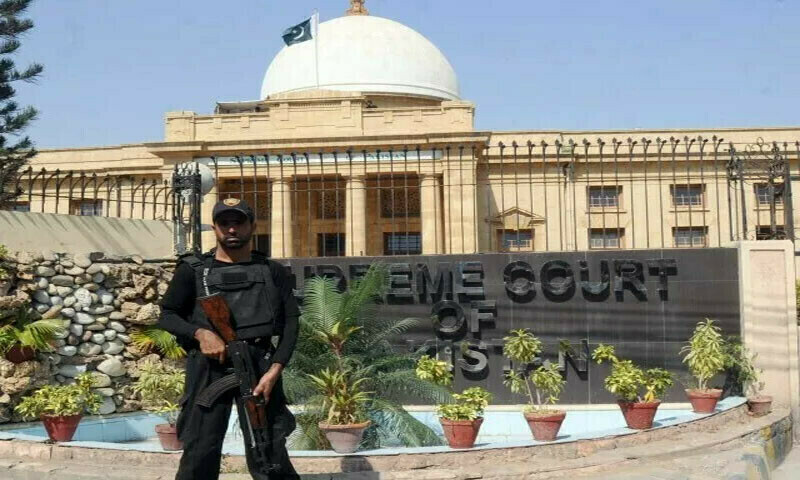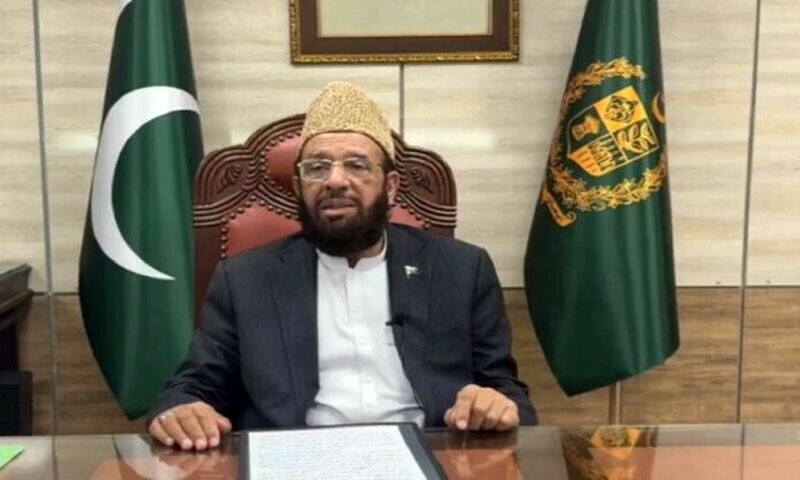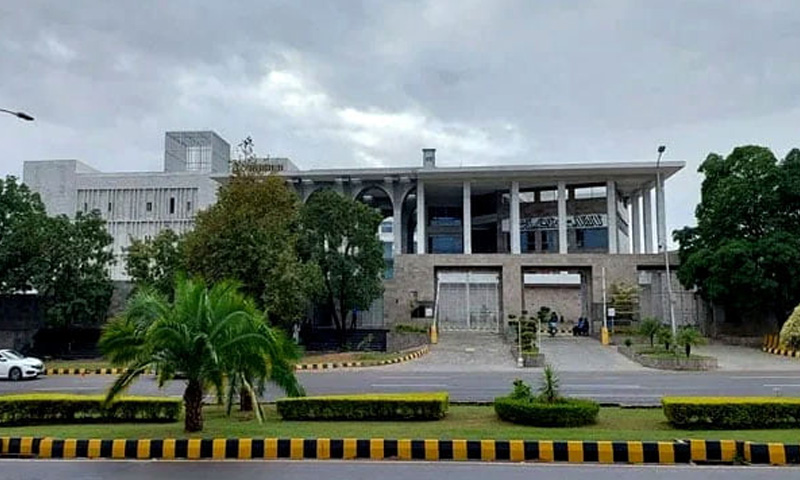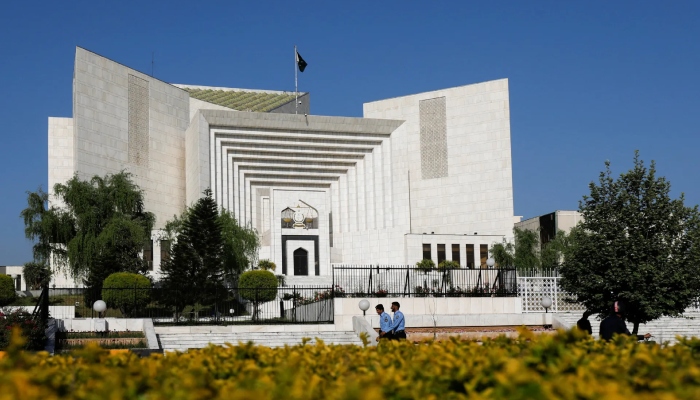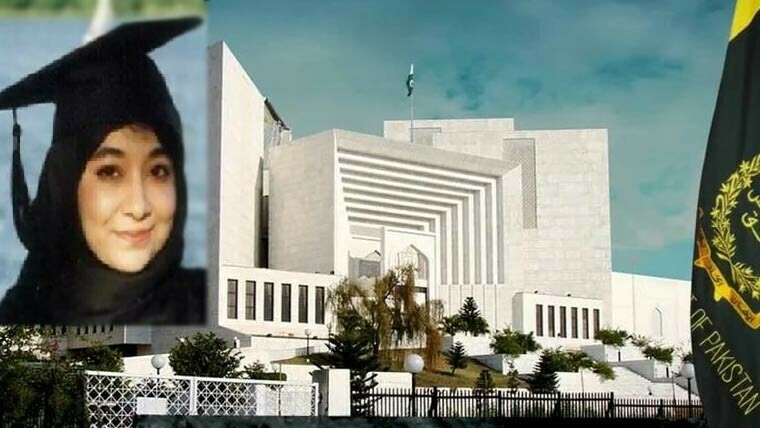LEGAL
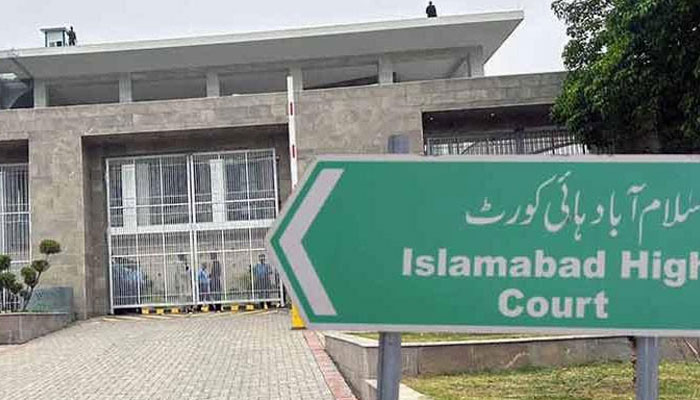
The Islamabad High Court (IHC) has directed the federal government to establish a commission to investigate blasphemy cases in Pakistan, aiming to ensure transparent proceedings and curb misuse of the law.
Justice Sardar Ijaz Ishaq Khan issued the directive while hearing multiple petitions calling for an independent body to probe the increasing number of blasphemy-related incidents across the country.
In its written order, the High Court accepted the petitions and instructed the government to form the commission within 30 days.
"The commission must complete its proceedings within four months. If more time is required, the commission may approach the court for an extension," the court stated.
Context and Significance
The decision comes amid growing national and international concern over the misuse of blasphemy laws in Pakistan, where vague accusations have often led to mob violence, wrongful imprisonment, and loss of innocent lives.
Legal experts and human rights groups have long called for judicial oversight and safeguards to prevent the exploitation of these laws for personal or political vendettas.
The IHC’s move is being hailed by rights advocates as a step toward justice, especially in cases where due process has historically been ignored.
The court emphasized that the formation of this commission is vital to ensure that allegations of blasphemy are handled with the utmost care, impartiality, and legal rigor, protecting both religious sensitivities and the rights of the accused.
Next Steps
While the government has yet to respond to the court’s order, legal observers expect the Ministry of Law and Justice or Ministry of Religious Affairs to spearhead the formation of the commission.
The structure, mandate, and membership criteria of the commission will be key in determining its effectiveness. It is also expected to recommend procedural reforms, investigate past cases, and submit a public report upon completion of its term.
